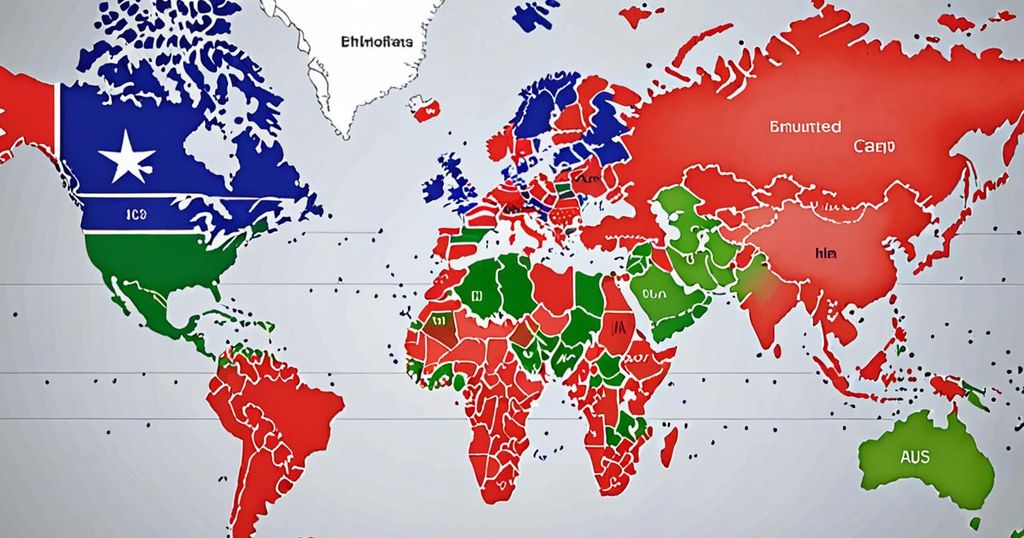A recent analysis conducted by Pew Research Center revealed a strong desire for significant political, economic, and healthcare reform among citizens in 16 advanced economies. The analysis included 16,254 adults from various countries who participated in nationally representative surveys held from March 12 to May 26, 2021, to gauge public sentiment towards their respective political systems. The surveys aimed to understand the public’s perception of democracy in the context of the ongoing pandemic, economic concerns, and social divisions.
The study’s findings highlighted a widespread desire for political change, with a median of 56% of respondents across 17 advanced economies expressing the need for major changes or a complete overhaul in their political systems. Countries such as Italy, Spain, the United States, and South Korea exhibited particularly high levels of dissatisfaction, with two-thirds or more of the respondents in these nations advocating for significant reform.
Interestingly, while there is a strong demand for change, there is also prevailing skepticism regarding the prospects for effective reform. In many of the surveyed publics, roughly half or more of the respondents expressed little to no confidence in the system’s capacity for meaningful change.
The study also revealed a notable desire for economic reform in countries such as Italy, Spain, and Greece, where the economic outlook has been consistently grim. These sentiments were echoed in the United States, France, and South Korea, indicating a widespread appetite for economic changes.
On the other hand, the demand for reform in healthcare systems varied across the surveyed publics. The United States and Greece emerged as clear outliers, with about three-quarters of the respondents from these countries advocating for major changes or complete reform in their healthcare systems.
The study reflected diverse public moods observed across the advanced economies surveyed, with some countries exhibiting high levels of discontent and dissatisfaction, while others demonstrated low levels of desire for reform, coupled with overall satisfaction with their respective democracies.
An important revelation from the analysis was the significant impact of economic assessments on attitudes towards the state of democracy and the need for political reform. Respondents who perceived the current economic situation in their country as unfavorable were consistently more likely to express dissatisfaction with the functioning of democracy and a desire for political change.
In addition to economic considerations, the study found that the ongoing COVID-19 pandemic played a crucial role in shaping public opinion. Those who believed that their country was handling the crisis poorly tended to express dissatisfaction with the functioning of democracy and a strong desire for political and healthcare reform.
Furthermore, the study shed light on the prevalence of social and political divides, particularly in countries such as South Korea and the United States, where partisan conflict influenced public unhappiness with the state of democracy and the urgency for political reform.
The findings indicate an urgent and widespread need for political change in various advanced economies, driven by concerns about democracy, the economy, and public health. As citizens continue to grapple with the multifaceted challenges posed by the pandemic and its societal repercussions, the demand for reform remains a prominent and pressing issue on the global stage.

Leave a Reply